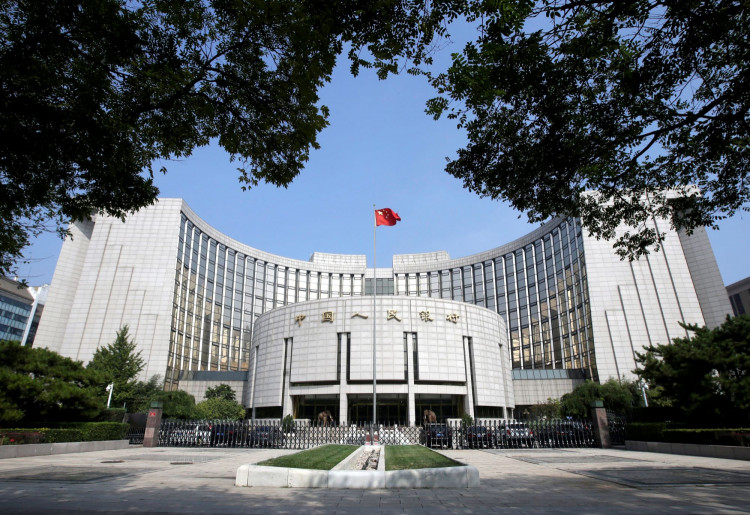Chinese equities were shown to have grown significantly amid its economic troubles this year. China's stocks have recovered up to one trillion USD sustained by governmental support for its financial markets.
According to Yahoo! Finance, the CSI index in Shanghai and Shenzhen showed a 10 percent increase since its sell-off in early February. After the Lunar New Year holiday, the ChiNext gauge of small and medium enterprises (SMEs) showed as the most improvement in the market. It improved by 21 percent from being one of the slow performers in the Asia Pacific this year.
The report claimed that the People's Bank of China policies that allowed the withdrawal of 220 billion yuan from its banking system last Tuesday improved liquidity in the country. It had also pulled a net 700 billion yuan from Monday to improve its markets' chances of financial recovery.
The CSI 300 index closed with a 0.5 percent yield last Tuesday while ChiNext gained 1.2 percent this week. The yield was ChiNext's highest generated value since December 2016.
According to a fund manager at Hangzhou Xiyan Asset Management Co. in Beijing Shi Junbo, the Chinese shares improved as a result of exuberance amid the current huge public health crisis. He added that it has been a common rule that shares would rise when the liquidity of stocks improve irrespective of the risks associated thereto. He also warned that the positive yields of Chinese stocks do not negate the adverse impacts of the public health crisis on the market for the rest of the year.
The ChiNext improvement occurred after it experienced post-holiday losses in two consecutive days since the Chinese financial markets opened last February 3, 2020. It was shown that it had lost about 720 billion USD, but the CSI 300 index rose by Monday surpassing the losses that Chinese stocks experienced earlier.
In 2020, ChiNext has improved by 21 percent while the CSI 300 index declined by one percent. Overseas markets were also seen improving this year despite the globalization of China's public health crisis. The S&P 500 index was among those that improved. It yielded 4.6 percent this week.
The report claimed that Beijing continues to mitigate economic pains in the country and is preparing for the adverse effects of aggressive monetary easing. China has been found struggling with its national debt buildup after the 2008 global financial crisis.
The government allegedly garnered a four trillion yuan stimulus that gave rise to a ballooned shadow banking industry that could destabilize the country's financial system. It was also highlighted that local authorities would be made to bear the contingent liabilities.





